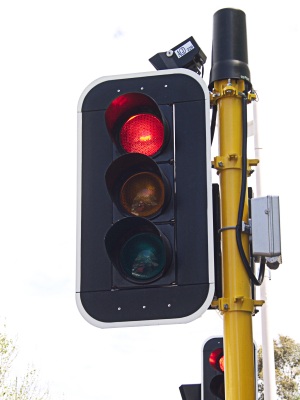Facebook to halt trading shares for three days (rumor)


A move such as this one often point to a company filing for an initial public offering (IPO), although it doesn't always mean a filing is imminent. Private shares can still be traded on secondary markets between the time of the filing and the IPO, though companies are more likely to restrict the transactions closer to the public offering.
Companies typically suspend trading ahead of a filing to make sure that investors can't buy or sell until all information is publicly available. This also protects them from lawsuits claiming the fact that some people had knowledge before others and were able to trade on it. If no one can trade, then nobody can take advantage and thus the company cannot be blamed for misconduct.
Employees and early stakeholders have been able to sell shares privately on SecondMarket and SharesPost. Unsurprisingly, Facebook, Fenwick & West, SecondMarket, and SharesPost, all declined to comment on the rumor of a halt on share trading.
Whether these whispers are true or not, the general consensus is that of Facebook getting ready for a filing, and many are expecting it to happen in the next few weeks. The latest rumor suggested Facebook will IPO in May, meaning the company will file its IPO documents this month or next.
The timing is still guesswork though: anything can change in today's turbulent market, especially if questions from regulators press too hard. When it comes to the company going public, we've already heard it all: in Q1 2012, Q2 2012, or even later, depending on which rumor and sources you want to believe.
There are two leading contenders for the Facebook IPO: Goldman Sachs and Morgan Stanley. The former has a chance because it ran the social networking giant's private offering; although, some reports say the bank's relationship with Facebook has been frayed. Meanwhile, the latter has a chance because it was the leading participant in 2011 tech IPOs. Both have been consistently linked to the long-awaited transaction this year. Either way, Facebook CFO David Ebersman is said to the one leading the company's talks with Silicon Valley bankers about an IPO.
Facebook is projected to raise $10 billion, giving it a valuation of around $100 billion. If those end up being the numbers, the company will create more than 1,000 new millionaires (will your friend be one of them?).
Facebook co-founder and CEO Mark Zuckerberg has frequently stated, both publicly and privately, that he is against the idea of rushing the company into an IPO. He's worried, like many company founders before him, that he'll lose key employees working on various products to a simple obstacle that plagues everyone: greed. Some workers are supposedly keen to cash out in an IPO, but their boss wants to keep them around through next summer in order to complete certain feature rollouts. Facebook doesn't need to push for an IPO because it really doesn't need the money right now. The advantage of staying private is focus: you don't have to worry about investor phone calls or show up at investor conferences.
On the other hand, the company may be motivated to hurry up the process in order to increase employee compensation. In early 2010, Facebook put curbs on employees' ability to sell their company shares privately to other investors. To stop employees from quitting the social networking giant in order to monetize their shares, the company needs to go public so employees can sell their stock on the open market at various times during the year and cash in on their holdings. Furthermore, extra money wouldn't hurt: as competition with Google heats up, some extra fire power might be needed.
See also:
- Facebook's finances leak for Q1 2011 to Q3 2011
- Facebook to double revenue to $4.27 billion, 89% is from ads
- Facebook's revenue doubles to $1.6 billion (report)
- Facebook made $1.86 billion from your content in 2010
- Facebook: advertising rates staying constant even as inventory rises
- WSJ: Facebook growth exceeds expectations, $100 billion valuation justifiable